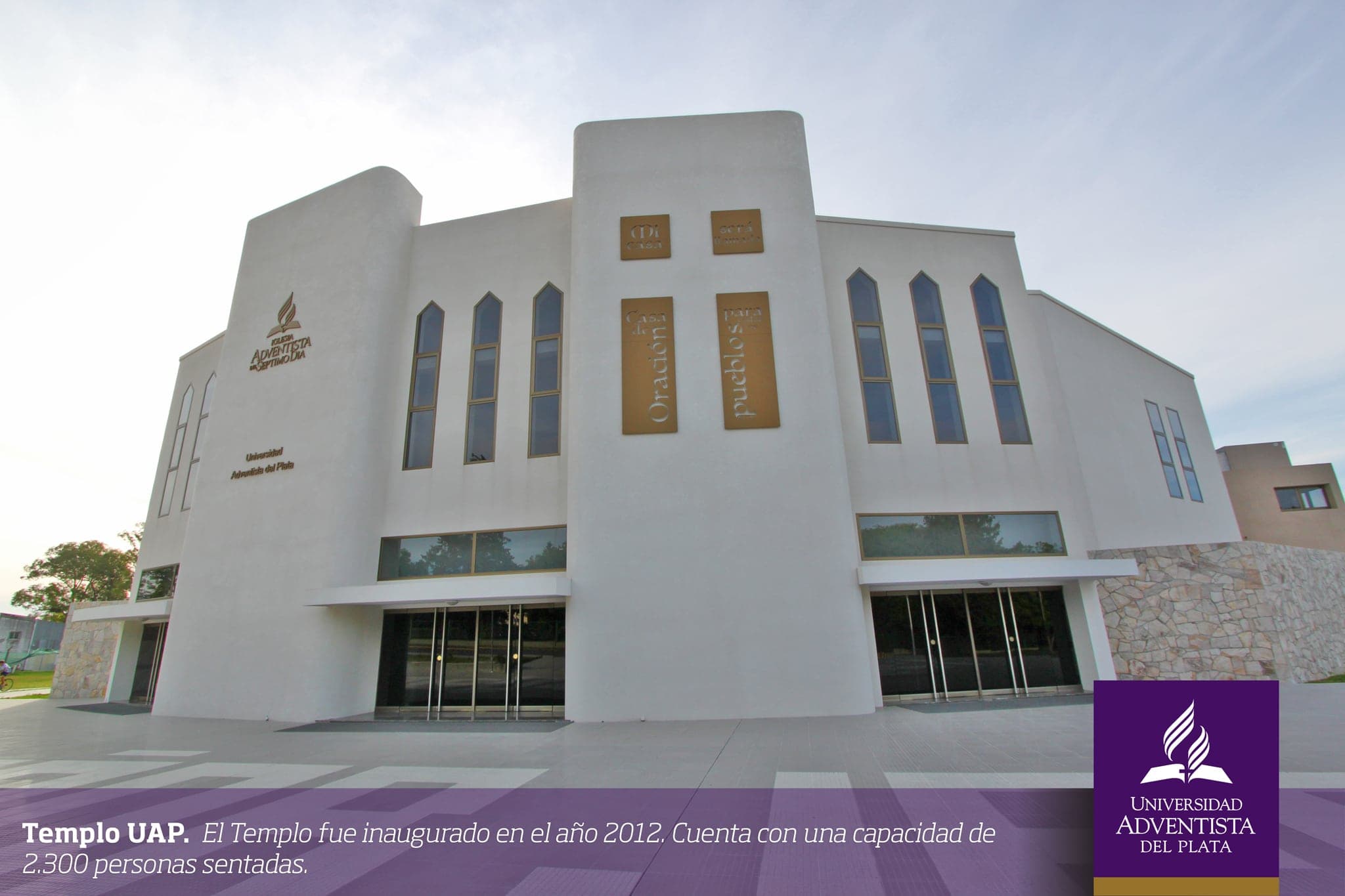
Leaders of the Seventh-day Adventist Church in Argentina have pledged to make amendments and start anew after a federal judge recently decided to prosecute some of them, together with the ADRA country director and two former officers of the Adventist university in the country, on charges of allegedly smuggling undeclared electronic goods into that South American country.

Prior to his resignation, in a February 17 video message widely shared on social media and local churches around the country, Carlos Gill Krug, then president of the Argentina Union Conference, officially reacted to the breaking news and shared the steps the regional church has been taking to comply with the demands of the legal process and avoid future problems for the church.
“As soon as the news broke out months ago, the university president and the vice-president for advancement resigned to facilitate the investigation,” Gill Krug said. “The church has also formed two separate committees—one internal and one external—to specifically go over the problematic events, review our current processes, and determine who should be held accountable.”
"When we make mistakes, it is essential to humbly acknowledge our shortcomings..."
Since then, Gill Krug, the union treasurer, and the ADRA country director have also resigned to leave the door open for the church to regroup and move forward, as they themselves devote full time to the legal requirements of the case, the South American Division News Agency reported on February 22.
The former union president’s message had been recorded and released one day after major media outlets in the country revealed the evidence that prompted—following a seven-month investigation—the Campana District federal judge Adrián González Charvay to prosecute the Adventist leaders allegedly involved. By late Thursday, February 16, the news story was trending, generating thousands of comments in the online editions of at least two national newspapers and other media outlets.
The ordeal for the church in Argentina began in July 2016, when a random inspection at the entry port of Zarate, Buenos Aires, Customs officers found that the contents of two containers coming from the United States and bound for River Plate Adventist University did not match their Customs Declaration forms. The containers were under the name of the Argentina Association of Seventh-day Adventists, the legal non-profit entity of the church in the country.
"[We] uphold ethical and moral values based on the Bible, which among other things, mandates we follow the law of the land."
In his video message, the former union leader had asked members to make the most of this embarrassing event for personal and corporate repentance and renewal.
“It is a time for reflection,” Gill Krug had said. “When we make mistakes, it is essential to humbly acknowledge our shortcomings, fully accept our responsibilities, and turn from our evil ways.”
The video message had also taken great pains to reassure church members of the church organization’s commitment to finding the truth.
“Our church must—and wants—to clear up this situation,” Gill Krug had said. “Why? Because it is the only way we can claim God’s blessings and regain the community trust.”
Indeed, while the scope of the potential fallout is still being assessed and the legal process is ongoing, many church members and supporters believe the church brand in Argentina has been affected.
“If we lose our good name, what are we left with?” wrote someone who identified himself as a concerned church member.
His comments are in tune with the history of the Seventh-day Adventist church in Argentina. After decades of being considered a cult in a mostly Catholic country, the church has slowly carved a niche as a high-quality educational, health care and healthy food provider. In an upscale neighborhood in Buenos Aires, Belgrano Adventist Clinic regularly provides top-of-the-line treatments to well-known actors, sports stars, and politicians. A few hours north, the church-run Lifestyle Center is regularly attended by influential business people and TV and government personalities, who come to benefit from stress-relief and Stop Smoking programs.
In its official statement, the Seventh-day Church in South America reiterated its commitment to foster accountability, re-evaluate internal procedures and processes, and make any changes necessary to prevent similar unfortunate situations in the future. The South American Church has also emphasized that, in line with its values, it will not tolerate irregularities or any kind of illegality.
“The Church [in South America] deeply regrets the current ordeal our faith community is facing in Argentina,” the statement read. “[We] uphold ethical and moral values based on the Bible, which among other things, mandates we follow the law of the land. We reiterate we will fully co-operate with the authorities assigned to this case.”
Subsequent to the union leaders’ resignation, the Executive Committee of the Argentina Union Conference elected Central Argentina Conference president Darío Caviglione as the new union president, and Southern Argentina Conference treasurer Raúl Kahl as its new treasurer.